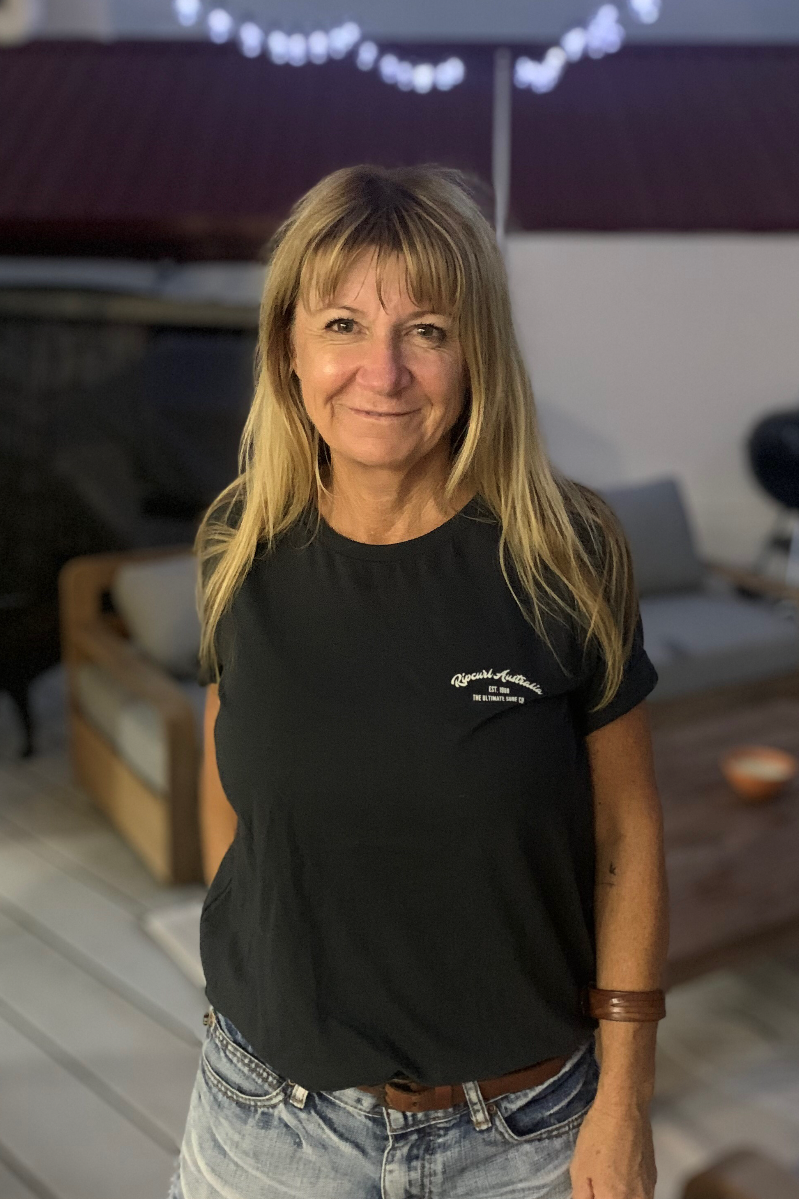Cannonvale’s Jane Patterson is urging people not to ignore their free bowel cancer screening kit when it arrives in the mail.
The 53-year-old had eight polyps – small growths that can potentially develop in to cancer– removed after completing her Faecal Occult Blood Test (FOBT) test sent in the mail by the National Bowel Cancer Screening Program.
All eligible Australians between the ages of 50 and 74 are invited by the National Bowel Cancer Screening Program every two years to do the screening test.
“Not long after my 50th birthday I received a reminder to complete my first screening test but I did what you shouldn’t do – I put it in the drawer,” Jane said.
“A few weeks later I completed the test and I received a negative result meaning that no further action was needed at the time.”
Her next routine test arrived in the mail 18 months later and this time she didn’t hesitate to complete it.
“My brother had been diagnosed with colon cancer after he experienced symptoms, but I did the test thinking I would just receive another clear result,” Jane said.
“I sent the test back and about two weeks later I received a letter stating that blood had been detected in my samples and I needed to contact my GP for a colonoscopy referral.
“I instantly went in to panic mode. My doctor gave me the referral and I booked in straight away for a colonoscopy at Proserpine Hospital.”
The day of her colonoscopy Jane was nervous about the outcome of her procedure.
“Results from the colonoscopy revealed eight polyps which were removed but thankfully were not cancerous,” she said.
A polyp is a small growth attached to the bowel wall. These are common in adults and are usually harmless, but some can develop into cancer.
Gastroenterology nurse coordinator Tania Mattinson said the National Bowel Cancer Screening Program aims to reduce deaths from bowel cancer by detecting the early signs of the disease.
“Bowel cancer is the third most commonly diagnosed cancer in Australia and the second leading cause of cancer-related death. Sadly, it claims the lives of over 5,000 Australians a year,” she said.
“Screening using a FOBT can detect blood from pre-cancerous polyps in the early stages of bowel cancer and when identified early, 90% of cases can be successfully treated.
“Regular screening is important, so take the free bowel cancer test – it could save your life.”
Jane now actively encourages family and friends to complete the test and monitor their health for any symptoms.
“Some people may be put off having to do the test themselves at home but the way I see it, I would never put off having a mammogram and this shouldn’t be any different,” she said.
“We have all these free services available to us that provides early detection, please use it,” she said.
Screening tests are sent by the program to the address listed in Medicare records.
If people are outside the program’s target age group and have concerns about bowel cancer or bowel habits, they are advised to speak to their GP who can advise about bowel screening kits.
June is Bowel Cancer Awareness Month, an opportunity to raise awareness around the importance of screening that saves lives through early detection.



